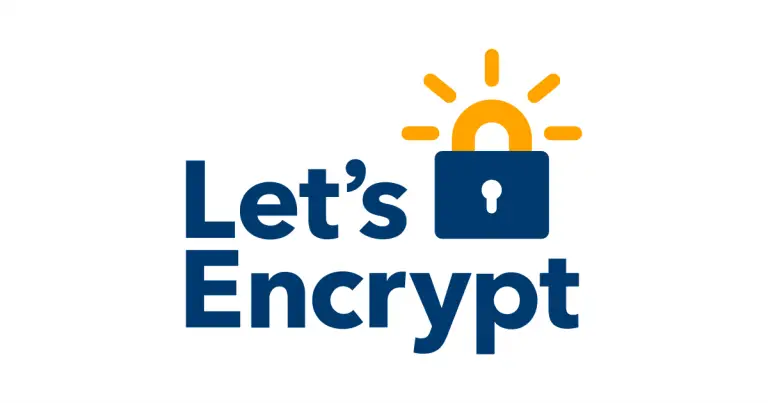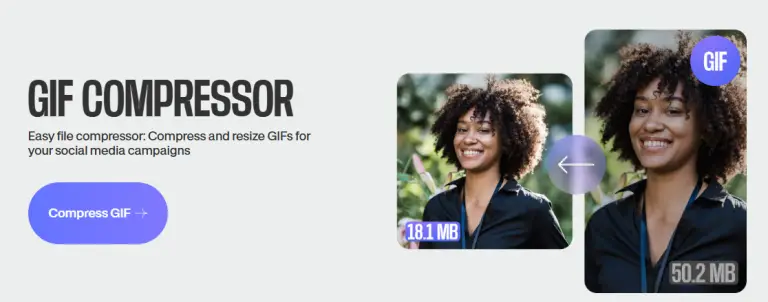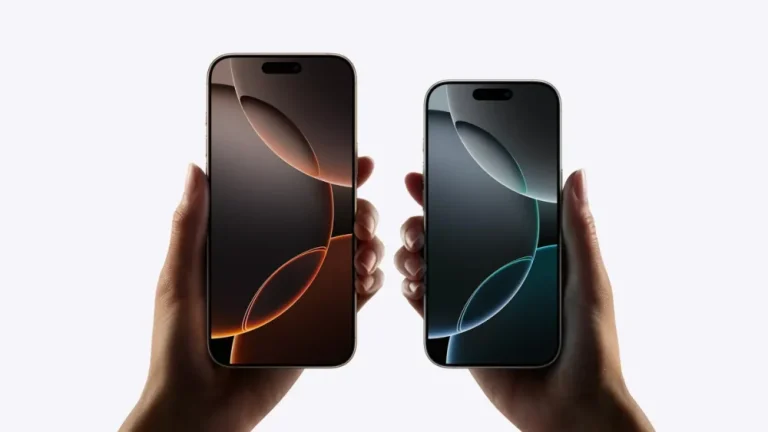
Apple has issued a strongly worded statement in response to the European Commission’s directive, which mandates the company to enhance iPhone compatibility with third-party devices. This ruling is part of the Digital Markets Act (DMA), a regulatory framework compelling tech giants to foster a more open ecosystem.
The EU has ordered Apple to grant access to several key iOS features, including notifications, automatic device pairing, file transfer akin to AirDrop, and data streaming similar to AirPlay. As a result, third-party headphone manufacturers will be able to implement automatic pairing and seamless audio switching, mirroring the functionality of AirPods. Likewise, smartwatches from other brands will gain full access to iOS notifications and background processes, similar to the Apple Watch.
Furthermore, the EU requires Apple to provide devices with access to Wi-Fi network data, support for high-speed P2P connections, and expanded NFC capabilities for third-party payment applications. Crucially, all APIs and frameworks must be made available to developers simultaneously with their integration into Apple products.
The first beta version of third-party notification support in iOS is anticipated by late 2025, with a full-scale rollout expected in 2026. Similar timelines have been set for other functionalities, the majority of which are scheduled for iOS 19, while final implementation will conclude with iOS 20.
Apple has vehemently opposed this ruling, asserting that it erodes the company’s competitive edge and could compromise user security. Nevertheless, the European Commission remains resolute in its determination to enforce full compliance with these regulations.


